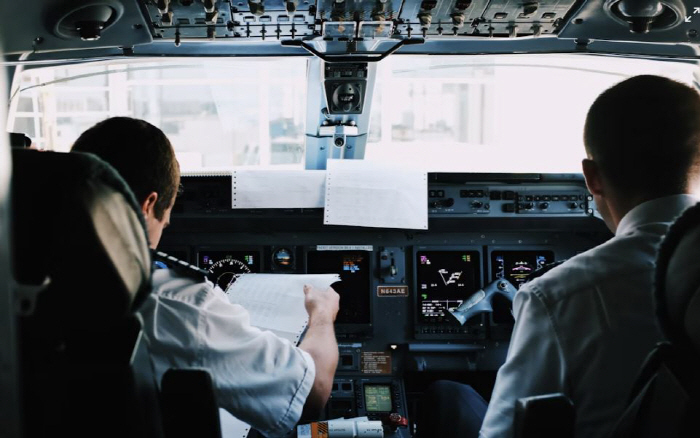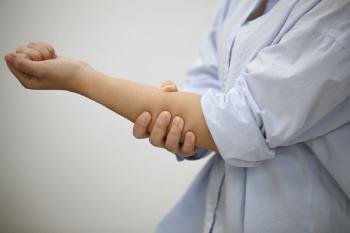What if a pilot dies or falls on a flight?
Aug 21, 2025
|
Commercial aircraft pilots are highly skilled professionals operating planes carrying hundreds of passengers or cargo, but as long as they are human, they cannot be an exception to sudden illness, injury, or even life-threatening emergencies.
In fact, a Turkish Airlines pilot died during a flight last year.
According to foreign media such as the Daily Mail, Captain Ilhan Pelivan (59) of Turkish Airlines died in October 2024 after collapsing on an Airbus A350 from Seattle to Istanbul, Turkiye. As a result, the aircraft made an emergency landing in New York.
Captain Pelivan had been working for Turkish Airlines since 2007 and had passed a medical examination in March of the same year. At that time, no special signs of health abnormalities were found.
This situation is extremely rare, but the aviation industry has a response manual in place for emergencies.
Most commercial aircraft are responsible for operations with at least two pilots on board. Captain and First Officer complement each other's roles, and if one suddenly goes out of control, the other pilot is trained to take over the flight immediately.
In addition, pilots must meet strict health requirements before flying. In order to maintain commercial pilot qualifications in accordance with international standards, they must have 'Certificate of Medical Appropriateness of Class 1' and undergo various checkups such as vision, hearing, cardiovascular system, and blood tests. Depending on the age, the validity period is up to 12 months, and regular checkups are required and substance abuse or drinking is strictly prohibited.
In addition, aviation medical examiners also regularly check the mental health status of pilots. Some airlines check the pilot's ▲ disease ▲ drug ▲ stress ▲ drinking ▲ fatigue ▲ emotion before boarding. If there is any abnormality in any of these items, it is recommended to refrain from flying.
If a pilot loses consciousness or suffers from a health problem during flight, the assistant manager immediately takes control of the pilot, declares an emergency, and proceeds with the process of returning to a nearby airport.
Crews have received basic medical training, including first aid and CPR, and if necessary, connect with external medical staff through the airline's medical support network. It is often helped by medical personnel passengers on board.
Experts stressed that `Although pilot health abnormalities are extremely rare, passengers' safety is guaranteed through thoroughly prepared procedures by airlines and flight attendants.'
This article was translated by Naver AI translator.














